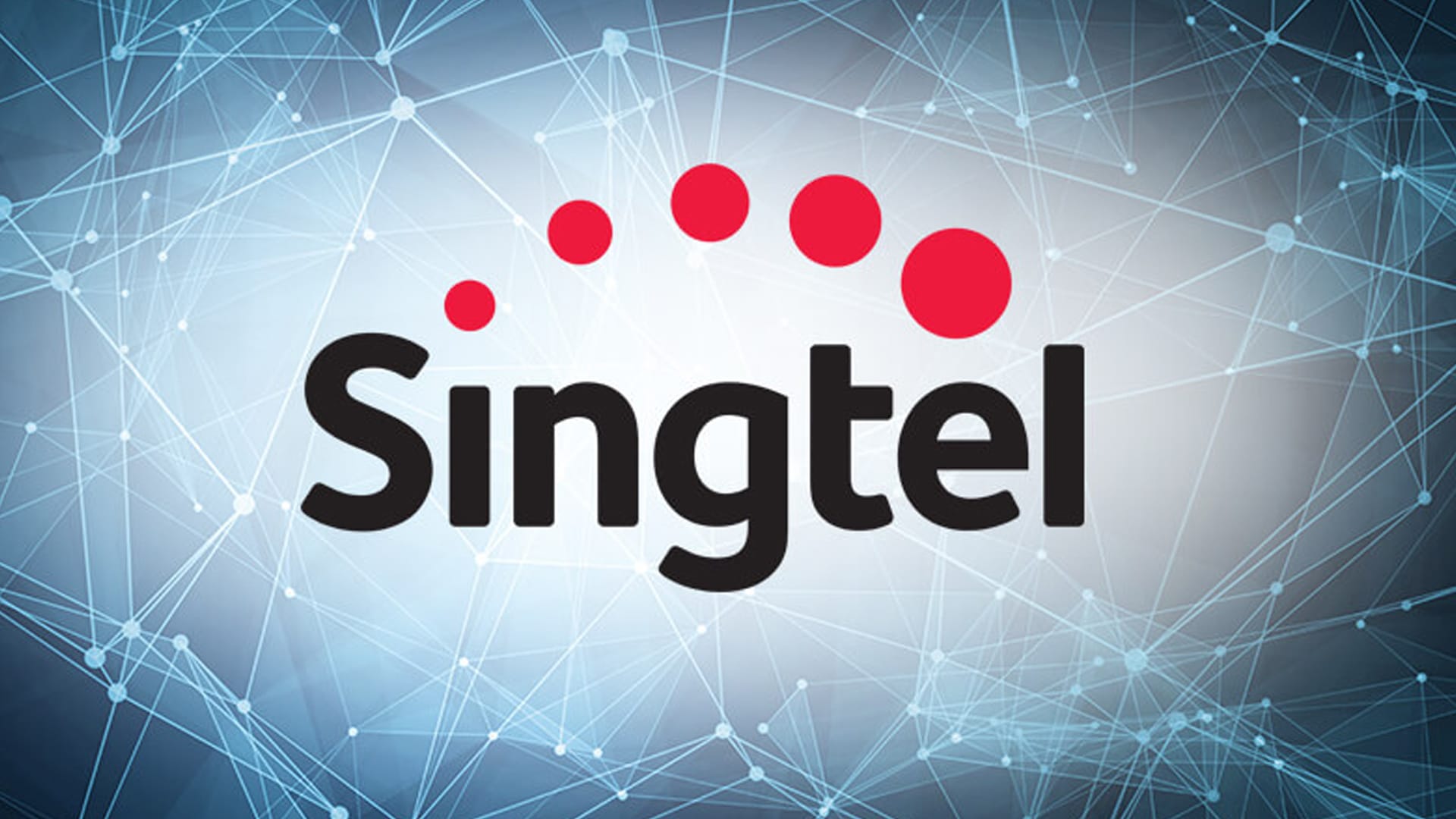Singtel gears up for AI workloads with cutting-edge data centres
Singtel advances AI capabilities with new data centres, focusing on sustainability, high power density, and enhanced connectivity for diverse AI applications.

Singtel, a leading telecommunication company, is stepping up its game by designing state-of-the-art data centres. These centres are designed to accommodate the increasing demands of AI workloads, focusing on handling the high power and heat generated by Graphic Processor Units (GPUs).
Table Of Content
The need for high power-density AI data centres
Bill Chang, CEO of Singtel’s Digital InfraCo unit, highlighted the growing need for data centres that can efficiently manage GPU clusters for AI workloads. He noted the surge in AI adoption across various industries and the ensuing need for data centres that are both powerful and sustainable. Singtel is creating its fourth-generation data centre platform, tailored for intensive computing environments to meet these needs.
Expanding capacity and embracing sustainability
Singtel’s expansion plan includes three new fourth-generation data centres located in Tuas, Thailand, and Indonesia. This expansion will boost Singtel’s total capacity well beyond 200MW, a significant leap from its current 62MW capacity in Singapore. DC Tuas, the largest of the three with a 58MW capacity, exemplifies Singtel’s commitment to sustainability and high power density. This AI data centre is designed to reduce carbon impact using lower-carbon materials and advanced cooling solutions like direct-to-chip liquid or immersive cooling. Additionally, DC Tuas doubles as a submarine cable landing station, positioning Singapore as a central hub for hosting AI workloads in Asia.
Achieving efficiency with advanced technology
DC Tuas stands out for its impressive Power Usage Effectiveness (PUE) rating of around 1.23 at full load. PUE measures the energy efficiency of a data centre, with an ideal rating of 1.0. This rating reflects Singtel’s dedication to minimising facility energy consumption, such as cooling and lighting, compared to computing equipment energy use.
Enhancing connectivity for AI applications
These AI-focused data centres will be seamlessly connected to Singtel’s fixed and 5G mobile networks, managed by the Singtel Paragon platform. This setup is designed to support a wide range of AI applications. For instance, it will facilitate the connection of smart devices, such as robots and autonomous systems, to AI clusters in the data centres. This connectivity ensures AI can be deployed effectively at the edge, offering high bandwidth and low latencies for various industry applications.
Offering diverse services for the AI era
Singtel plans to offer a variety of services from these new data centres. These services include cloud co-location, managed hosting, and innovative GPU-as-a-Service (GPUaaS) options. While additional details on the server types planned for deployment remain undisclosed, Singtel’s commitment to enhancing its AI data centre capabilities is clear.
As Singtel continues to evolve its infrastructure, it remains at the forefront of addressing the burgeoning demands of AI workloads. The company’s focus on sustainability, efficiency, and high-capacity solutions signals a significant step forward in the data centre industry.















